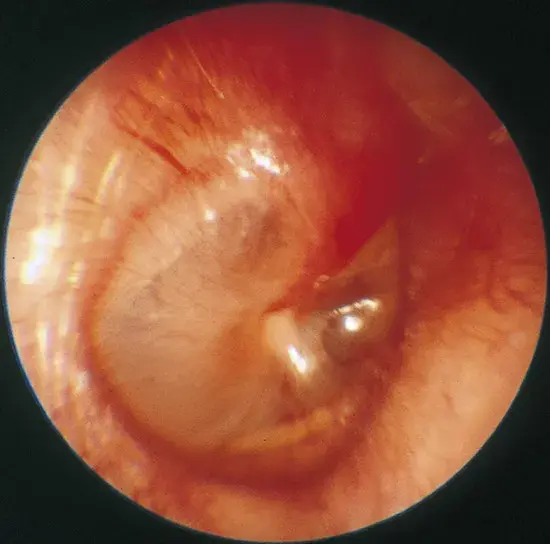Exploring the Impact of Eustachian Tube Defects: Causes, Symptoms, and Treatment Options
- Dr Vidya Ramdas

- Sep 17, 2024
- 2 min read
Updated: Sep 20, 2024
What is the Eustachian Tube?
The Eustachian tube is a narrow canal connecting the back of the nose to the middle ear. It plays a crucial role in maintaining healthy ear pressure and draining fluid from the middle ear.

What is Eustachian Tube Dysfunction (ETD)?
ETD occurs when the Eustachian tube becomes blocked or doesn't function properly. This can lead to a buildup of fluid in the middle ear, causing various symptoms.
Common Causes of ETD
Infections: Cold, flu, sinus infections, or ear infections
Allergies: Allergic rhinitis or seasonal allergies
Enlarged adenoids: Obstruction of the Eustachian tube opening
Structural abnormalities: Congenital or acquired deformities of the tube
Symptoms of ETD
Ear fullness or pressure
Muffled hearing
Ear pain
Ringing in the ears (tinnitus)
Difficulty hearing soft sounds
Balance problems
Diagnosis of ETD
A healthcare provider will conduct a physical examination and may use diagnostic tests such as:
Otoscopy: Examination of the ear canal and eardrum
Tympanometry: Measurement of eardrum movement
Audiogram: Evaluation of hearing ability
Treatment for ETD
Treatment options vary depending on the underlying cause and severity of ETD. Common approaches include:
Medications: Decongestants, antihistamines, or antibiotics to treat infections or allergies
Nasal irrigation: Flushing the nasal passages to clear mucus
Ear tube placement: Surgical insertion of small tubes in the eardrum to equalize pressure
Adenoidectomy: Removal of enlarged adenoids if they are obstructing the Eustachian tube

Preventing ETD
Manage allergies: Avoid allergens and take prescribed medications
Treat infections promptly: Address colds, flu, and sinus infections
Practice good hygiene: Wash hands frequently and avoid touching your face
Stay hydrated: Drink plenty of fluids to help thin mucus
If you are experiencing symptoms of ETD, it's important to consult with a ENT surgeon for proper diagnosis and treatment. Early intervention can help prevent complications and improve your quality of life.
For more information or queries please contact Dr Vidya Ramdas at 9746351090




Comments